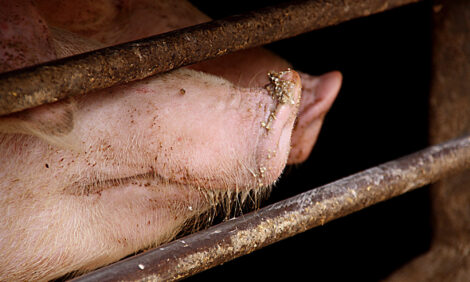



Russian Government Discusses Grain Situation
RUSSIA - On 5 February 2013, the Russian Prime Minister, Dmitry Medvedev, led a meeting of the Russian Government devoted to the situation in the domestic grain market. He also supported a Ministry of Agriculture proposal to add 42 billion rubles ($1.35 billion) to the Russian federal budget for agriculture in 2013, some of which will support livestock and poultry producers.However, this request may be approved only through amendments to the Federal Law 216, after the consent with the Ministry of Finance, which was been less supportive of this issue.
Prime Minister Medvedev and Agricultural Minister Fedorov pointed out that despite the 25 per cent decrease in the grain crop in 2012 to 70.7 million metric tons (MMT) compared to 94.2MMT in 2011, Russia’s total grain supply covered domestic demand and allowed for the export of 13.5MMT of grain from 1 July 2012 to the end of January 2013.
However, domestic grain prices have increased, and this has affected flour and feed milling industries and domestic livestock, especially swine, and poultry industries.
Minister Fedorov reported that in order to curb grain prices, the government began selling milling quality wheat from the state intervention fund on 23 October 2012 and by the beginning of February 2013, sold 1.5MMT of wheat.
Beginning on 10 February 2013, the government plans to expand the intervention sales (elevators where intervention stocks are kept) to European Russia and to add feed quality wheat, food rye and feed barley to intervention sales.
Another change will be that livestock producers are allowed to buy this grain. Previously only flour and feed millers were allowed to participate in purchasing intervention grain.
The government is also considering the possibility of temporally lifting the five per cent duty on grain imports from non-member countries of the CIS. Ukraine and Kazakhstan already are able to sell duty free to Russia.
This measure may facilitate some imports of grain from Europe to the Northwest of European Russia, although the bulk of imports are expected to continue to come duty-free from Kazakhstan.






